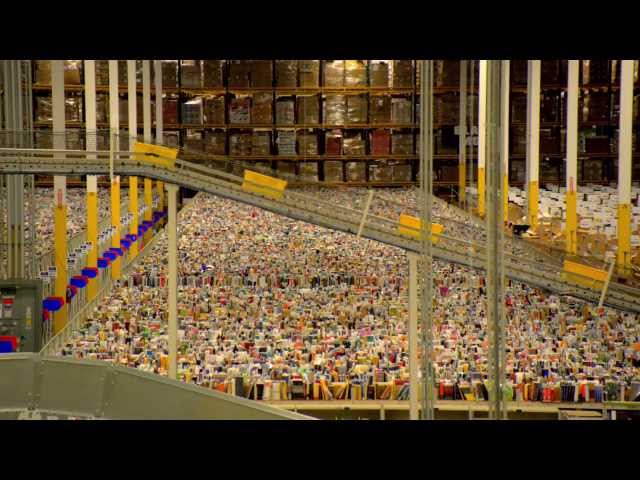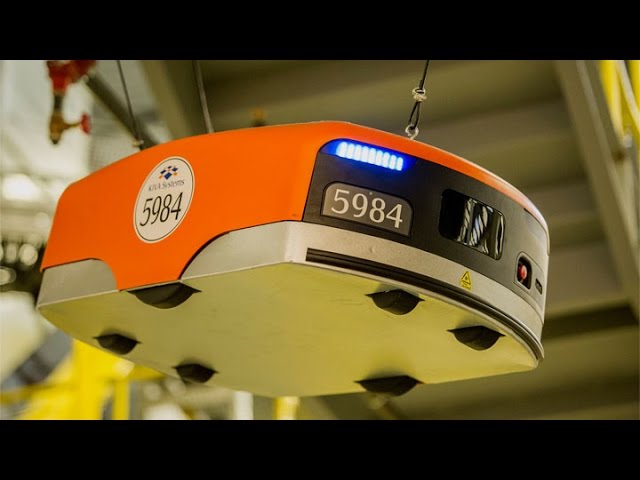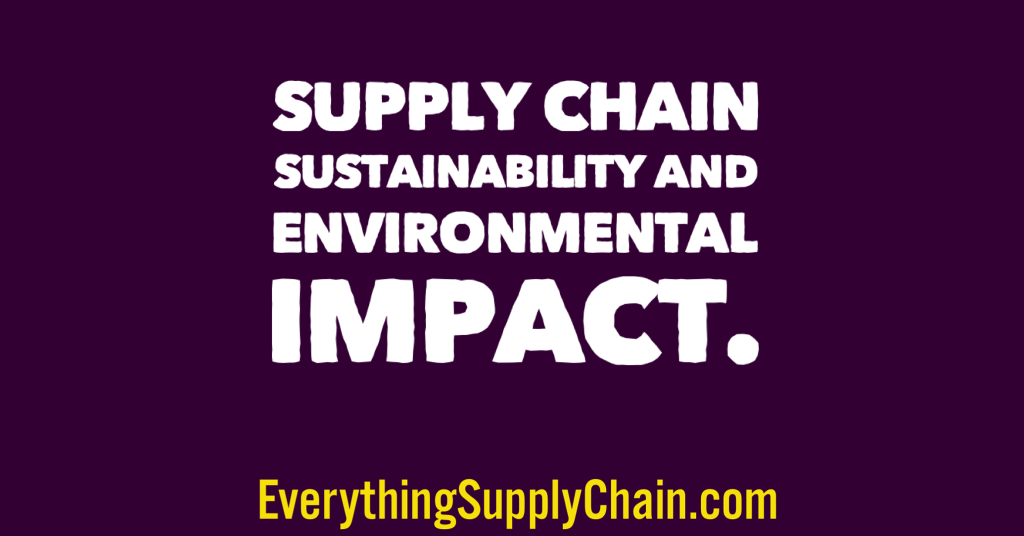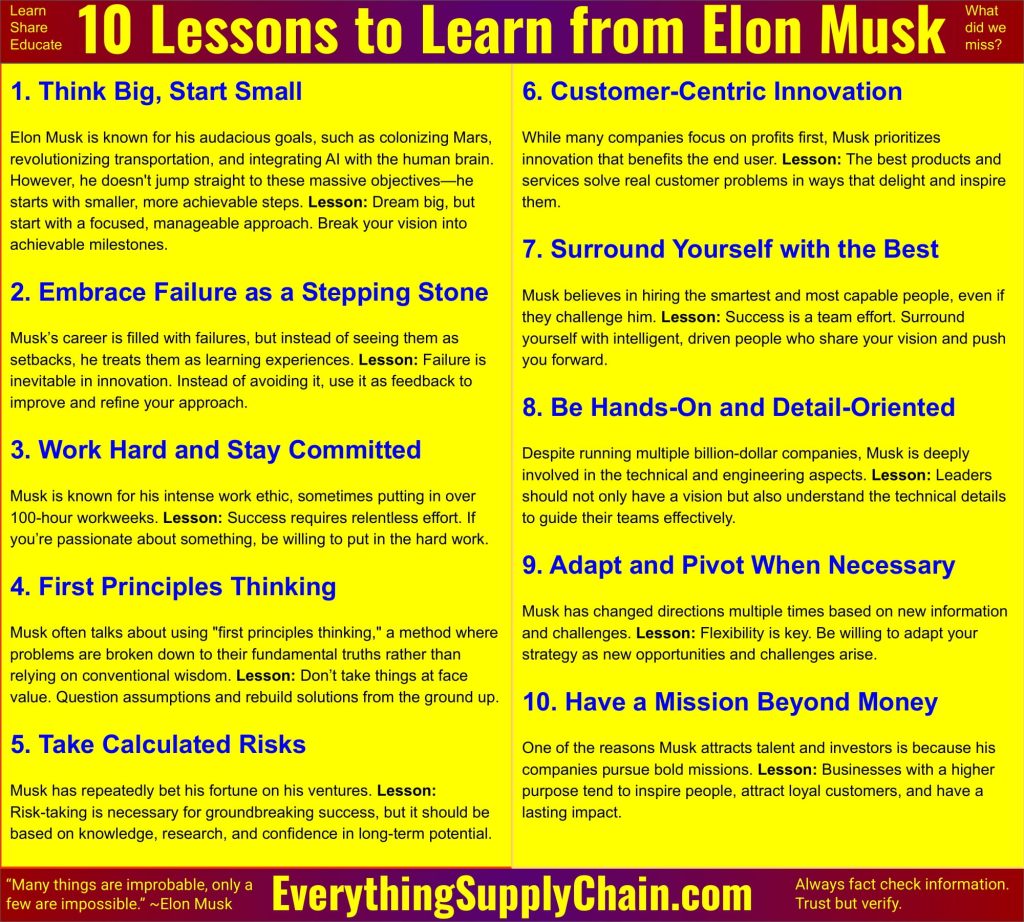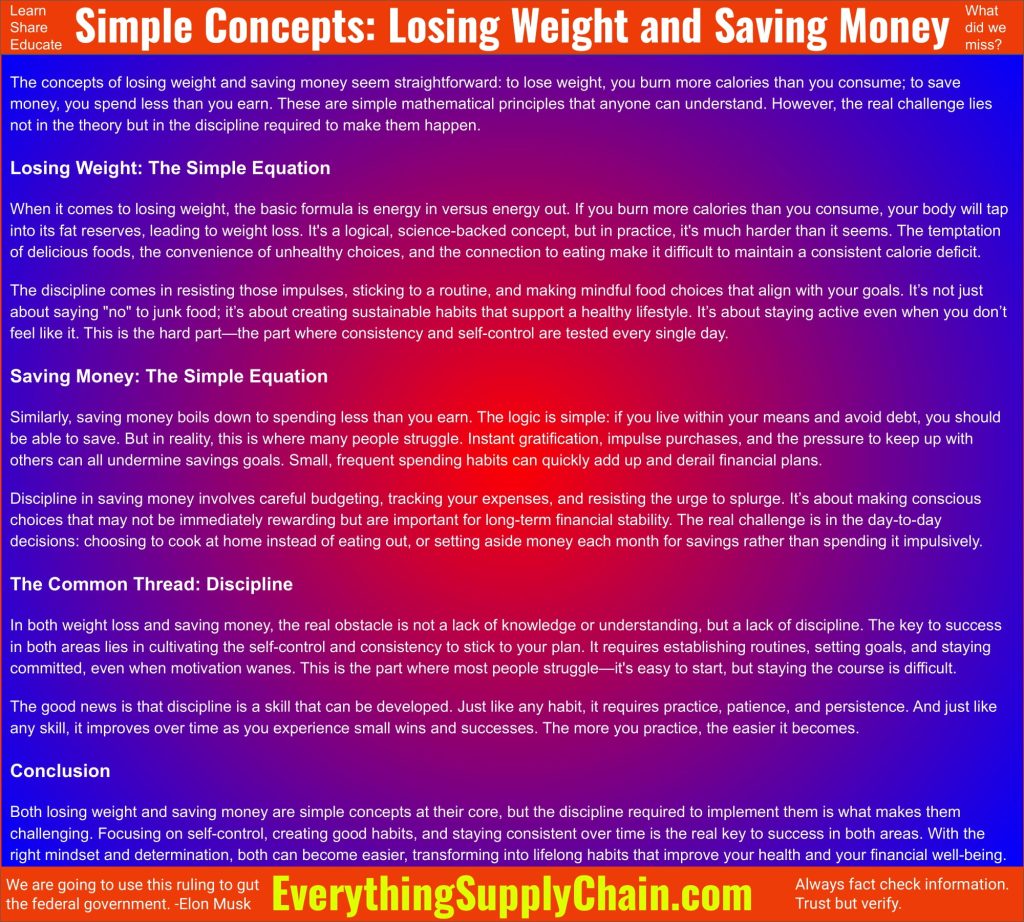How Returns Work -Amazon Reverse Logistics
How Returns Work – Amazon Reverse Logistics
This video helps to understand how Amazon Reverse Logistics works. The innovative ways Amazon is lowering costs with reverse logistics is definitely worth the watch. Amazon is constantly working to reduce shipping costs.
Amazon’s returns and reverse logistics processes are key components of its vast and complex supply chain. The company has designed a highly efficient system to manage the return of millions of products each year, but this process involves numerous challenges and intricate logistics. Here’s a look at the key complexities:
1. Volume and Scale
- Massive Returns Volume: Amazon handles a staggering number of returns, especially during peak seasons like holidays. Managing these returns efficiently across a global network is a massive logistical challenge.
- Diverse Product Range: From electronics to clothing to groceries, Amazon sells a vast array of products, each with unique return and handling requirements. This diversity adds complexity to the reverse logistics process.
2. Customer Expectations
- Ease of Returns: Customers expect a simple, hassle-free return process. Amazon has set a high standard for returns, offering options like free returns, extended return windows, and drop-off locations. Meeting these expectations requires a sophisticated system.
- Refund Speed: Consumers also expect fast refunds. Amazon has systems in place to process refunds quickly, sometimes even before the returned item is inspected.
3. Reverse Logistics
- Inspection and Sorting: Returned items must be inspected to determine if they can be resold, repaired, or recycled. This process often involves complex decision-making algorithms and manual inspections.
- Inventory Management: Returned items that are eligible for resale need to be reintegrated into the inventory. Ensuring these products are quickly and accurately restocked is crucial to minimizing losses.
- Disposal and Recycling: Items that cannot be resold must be disposed of or recycled. Amazon has to manage these processes in an environmentally responsible way while controlling costs.
4. Cost Management
- Operational Costs: Handling returns is expensive, involving transportation, labor, and storage costs. Amazon must continuously optimize its processes to reduce these costs.
- Loss Prevention: Returned items can sometimes be fraudulent or damaged, leading to potential losses. Amazon employs sophisticated systems to detect and mitigate such risks.
5. Technology Integration
- Automation and AI: Amazon uses advanced technology, including automation and AI, to manage the reverse logistics process. This includes everything from automated sorting and scanning to predictive analytics for return patterns.
- Data Management: Handling returns generates vast amounts of data, which Amazon uses to improve its operations, forecast future returns, and refine its supply chain management.
6. Environmental Impact
- Sustainability Efforts: Amazon has made commitments to reduce its environmental impact, including the impact of returns. This includes initiatives like offering incentives for customers to consolidate returns and improving the recyclability of returned products.
7. Global Operations
- International Logistics: Amazon operates globally, which means it must manage returns across different countries, each with its own regulations, logistics networks, and customer expectations. This adds a layer of complexity to the reverse logistics process.
Conclusion
Amazon’s returns and reverse logistics are an intricate and vital part of its business, requiring a balance between customer satisfaction, cost control, and environmental responsibility. The company’s ability to manage this complexity efficiently is a significant factor in its success as an e-commerce giant.
Amazon and Logistics Quotes
- “Logistics is the ball and chain of armored warfare.” ~Heinz Guderian
- “Behind every great leader there was an even greater logistician.” ~M. Cox
- “What we need to do is always lean into the future; when the world changes around you and when it changes against you – what used to be a tail wind is now a head wind – you have to lean into that and figure out what to do because complaining isn’t a strategy.” ~Jeff Bezos
- “The costs of reverse logistics is immense.” ~EverythingSupplyChain.com
- “I think frugality drives innovation, just like other constraints do. One of the only ways to get out of a tight box is to invent your way out.” ~Jeff Bezos
- “Leaders win through logistics. Vision, sure. Strategy, yes. But when you go to war, you need to have both toilet paper and bullets at the right place at the right time. In other words, you must win through superior logistics.” ~Tom Peters
- “If you make customers unhappy in the physical world, they might each tell 6 friends. If you make customers unhappy on the Internet, they can each tell 6,000 friends.” ~ Jeff Bezos
Logistics Training
- 3PL Warehouse Facility Tour – The Apparel Logistics Group.
- Collection of Amazon Supply Chain Blogs – learn from the best
- Collection of Walmart Supply Chain Research
- Converse Automated Distribution Center.
- IKEA – Logistics Design. Does their design just magically happen?
- IKEA’s Supply Chain. 3 min video.
- Logistics Quotes
- Top Retail Supply Chain Blogs: Alibaba, Amazon, IKEA, Walmart
- What is logistics? Warehouse systems from design to service.
